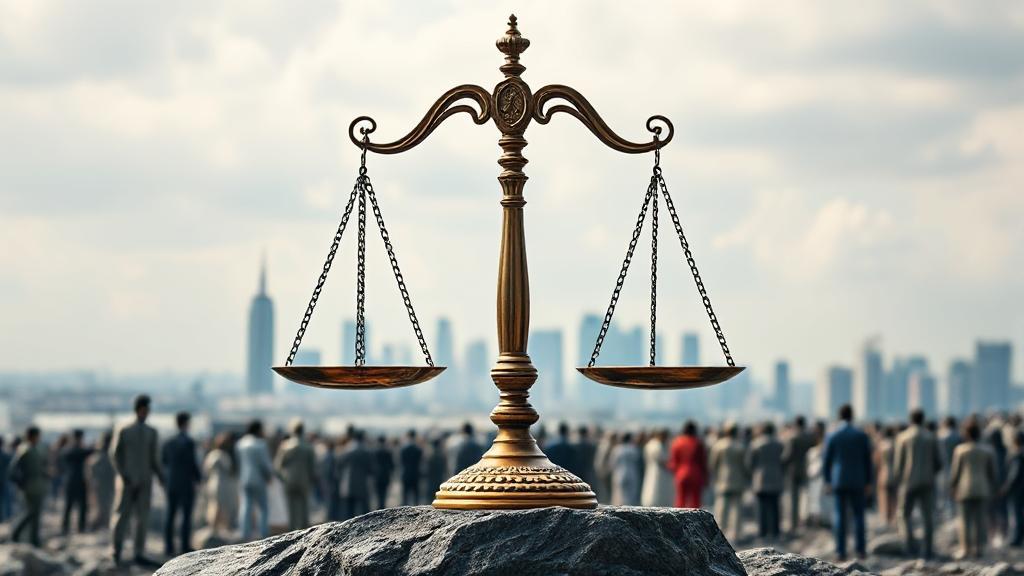Introduction
Laws are the backbone of any society, providing a framework for behavior, resolving disputes, and protecting liberties and rights. They are essential for maintaining order and ensuring justice. Laws are rules established by a governing authority to regulate behavior, enforced by governmental institutions, and designed to maintain social order, protect individuals, and ensure justice.
The Foundation of Legal Systems
Legal systems emerge from various sources, including:
- Legislative bodies
- Court decisions
- Constitutional frameworks
- International treaties
- Cultural norms and customs
Types of Laws
Criminal Law
Criminal law deals with behaviors considered harmful to society as a whole, including:
- Violent crimes
- Property crimes
- White-collar crimes
- Cybercrime
"Criminal law serves as society's formal mechanism for preventing harmful behavior and punishing those who violate established norms."
Civil Law
Civil law governs relationships between individuals or organizations, covering areas such as:
- Contracts
- Property rights
- Family matters
- Business disputes
Administrative Law
This area involves regulations set by government agencies, covering activities from environmental regulations to workplace safety standards.
Constitutional Law
Constitutional law involves the interpretation and implementation of a country's constitution, addressing issues like separation of powers, individual rights, and limits of governmental authority.
International Law
This body of law governs relations between countries, including treaties, conventions, and agreements regulating trade, human rights, and environmental protection.
The Importance of Laws in Society
Maintaining Order
Laws provide guidelines for acceptable behavior and set out consequences for violations. Without laws, society would descend into chaos, with individuals acting solely in their self-interest.
Protecting Rights and Liberties
Laws ensure everyone is treated fairly and their freedoms are respected. For example, laws against discrimination protect individuals from unfair treatment based on race, gender, or other characteristics. The Universal Declaration of Human Rights serves as a global standard for fundamental human rights.
Resolving Disputes
The legal system offers structured processes for addressing grievances through:
- Court systems
- Arbitration
- Mediation
- Administrative procedures
Promoting Social Justice
Laws address inequalities and ensure equal access to opportunities. Labor laws protect workers' rights, while environmental laws safeguard natural resources for future generations.
Modern Challenges and Evolution
Technology and Digital Rights
The digital age has introduced new legal challenges regarding:
- Privacy protection
- Data security
- Intellectual property
- Online commerce
Environmental Protection
Environmental laws address:
- Climate change
- Resource conservation
- Pollution control
- Wildlife protection
Enforcement and Compliance
Law Enforcement Hierarchy
Judicial System
Courts play a vital role in:
- Interpreting laws
- Ensuring due process
- Administering justice
- Setting precedents
Impact on Economic Development
Strong legal frameworks contribute to economic growth by:
- Protecting property rights
- Enforcing contracts
- Regulating markets
- Promoting fair competition
For more information about economic impacts of legal systems, visit the World Bank's Doing Business resource or explore resources like the American Bar Association and the United Nations Office on Drugs and Crime.
